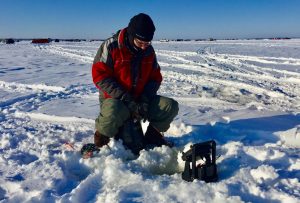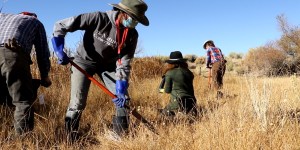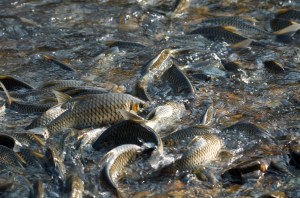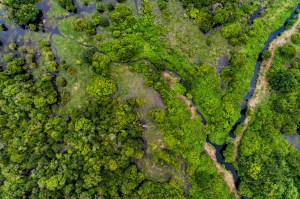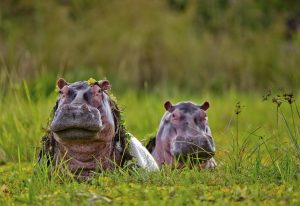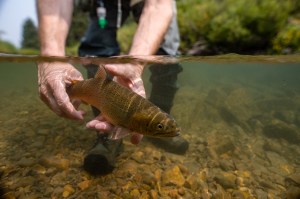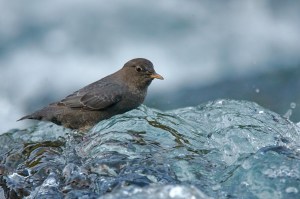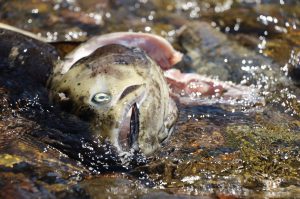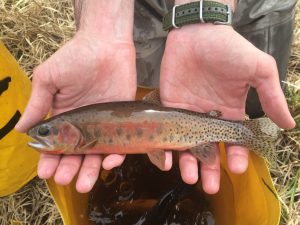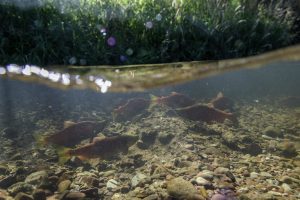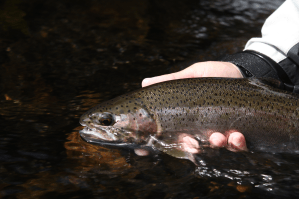Discover stories in Fresh Water
Beaver? Otter? Muskrat? A Field Guide to Freshwater Mammals
Think you saw a beaver or a mink? Here’s how to tell for sure.
50 Fish, 50 States: Whitefish & the End of the World as We Know It
You can’t freeze time, even when ice fishing
Helping Birds Adapt to Climate Change in the Nevada Desert
Planting trees to help birds adapt to climate change is the latest chapter in a history of Amargosa River conservation.
Can Freshwater Reserves Protect Tropical Fish Diversity?
A new paper details the conservation success of community-led freshwater reserves in Thailand.
The Carbon Cost of Converting Peatlands to Oil Palm
New research from Indonesia calculates the carbon cost of converting peat swamps to oil palm plantations: 640 metric tons of CO2 per hectare.
When Only a Hippopotamus Will Do
Hippos for the holidays? Some weird stories of human-hippo relations.
50 Fish, 50 States: Cutthroat Connections
A search for native cutthroats offers connections in a crazy year.
Meet the Dipper, the Songbird That Swims
Meet North America’s only aquatic songbird.
Dead Drift: Adding Salmon Carcasses to Streams
Salmon feed an entire ecosystem. But what if the fish are gone?
50 Fish, 50 States: Yellowstone’s Native Fish
Yellowstone’s large mammals get the attention, but the park’s underwater wildlife is special, too.
A Field Guide to Freshwater Fish Watching
Your guide to enjoying the fish in your local stream.
The Rainbows of Bristol Bay
Research on the rainbow trout of Bristol Bay reveals the complexity of this watershed.

